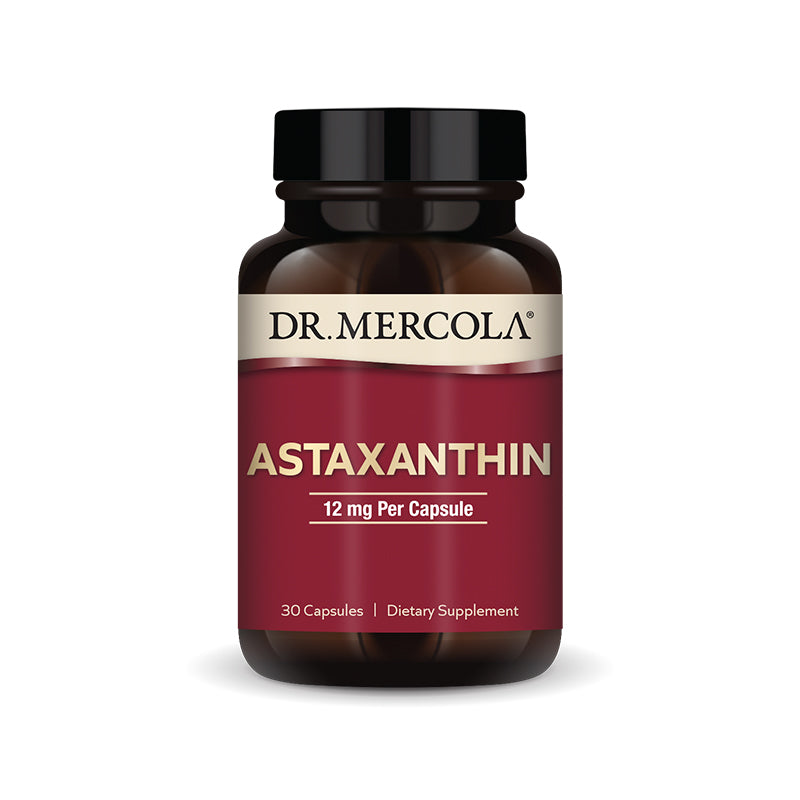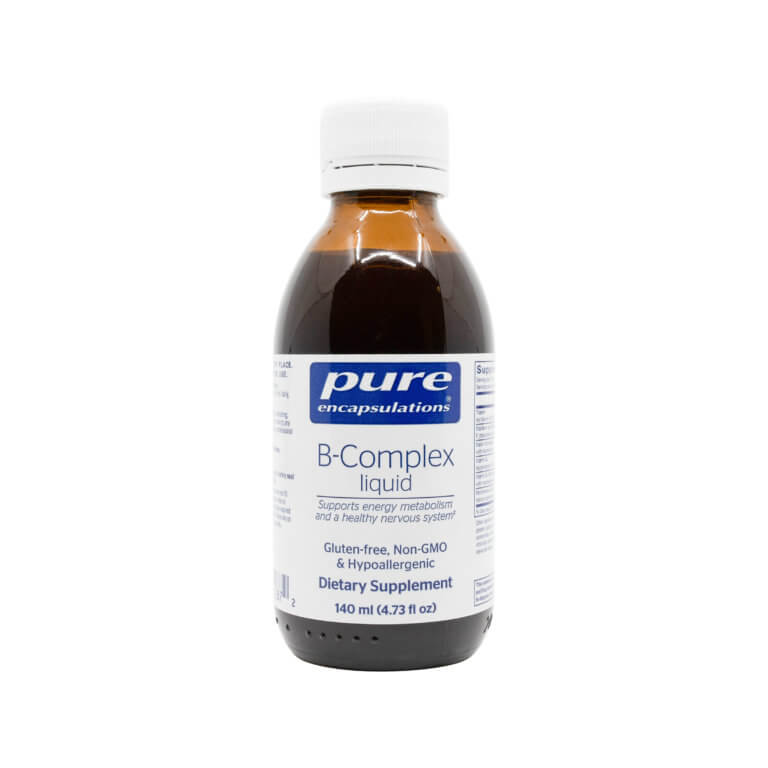Cart
0
Today we will discuss three absolutes that are essential for healthy weight loss, defining this as reaching your weight loss goals and maintaining your new healthy weight long term. Let’s start of by understanding who this article is written for. If you have focused on weight loss in the past, you’ve lost the desired weight and have maintained this long term, this article is not for you. This article is for the hundreds of thousands or even millions of individuals that have tried repeatedly to lose weight and they either cannot lose their desired weight or if they do reach their weight loss goals, they cannot maintain this new healthy weight. So if your weight loss goal for this year is a repeat of the past, this article is definitely for you. I have so much compassion for individuals that are working so hard and spending so much time, focus, energy and money to lose weight, only to find their weight loss goals seemingly unreachable. For so many and actually most, this is not from a lack of effort, focus or will power; it is simply a lack of understanding of three absolutes for weight loss. 1. Here is absolute number one. Healthy adrenal function is a huge factor in weight loss and maintaining a healthy weight. This is a very simple and functionally valid statement. Understand that the function of your adrenal glands play a role in many levels the have direct effects on your weight as noted below.
- Your adrenal function has a direct affect on thyroid function which also plays a role in regulating body weight and fat.
- Your adrenal function affects the function of your pancreas, which regulates glucagon and insulin and enzyme production, all of which will impact your weight.
- Your adrenal function plays a direct role in metabolism of fat and protein. If you are not metabolizing these macro-nutrients properly, this will lead to insufficient energy production in your body and trigger cravings, leading to an unnecessary increase in weight.
- Your adrenal function will affect your mucosal lining of your gut, leading to poor digestion and over consumption of food, thus weight gain.
- Your adrenal function will directly affect your pro and anti-inflammatory states, recognizing that chronic inflammation leads to an increase in fat cell production and eventual increase in body weight. Not to mention the increased weight of the inflammatory state itself.
- Your adrenal function will play a direct role in cellular energy and blood sugar homeostasis, thus leaving you with weight gain.
- Your adrenal function will often lead to poor sleep patterns, understanding that poor sleep patterns is a significant factor in weight gain.
- Your adrenal function plays a direct role in neural connectivity which includes the brain and autonomic nervous system, which is the master regulator in your body. This will often leave you struggling to regulate body weight and fat.
- Rye, Barley, Spelt, Polish Wheat
- Cow’s Milk
- Alpha-Casein & Beta-Casein
- Casomorphin
- Milk Butyrophilin
- Whey Protein
- Milk Chocolate
- Oats
- Yeast
- Coffee
- Sesame
- Buckwheat
- Sorghum
- Millet
- Hemp
- Amaranth
- Quinoa
- Tapioca
- Teff
- Soy
- Egg
- Corn
- Rice
- Potato (white)
- Have you followed your best friend’s diet, only to find yourself constantly hungry, feeling fatigued and maybe even gaining a bit of weight?
- Are you sick and tired of sifting through the vast amounts of information on diet and nutrition and looking for what’s right for you?
- Do you find yourself struggling with the concept of a “one size fits all” diet plan?













